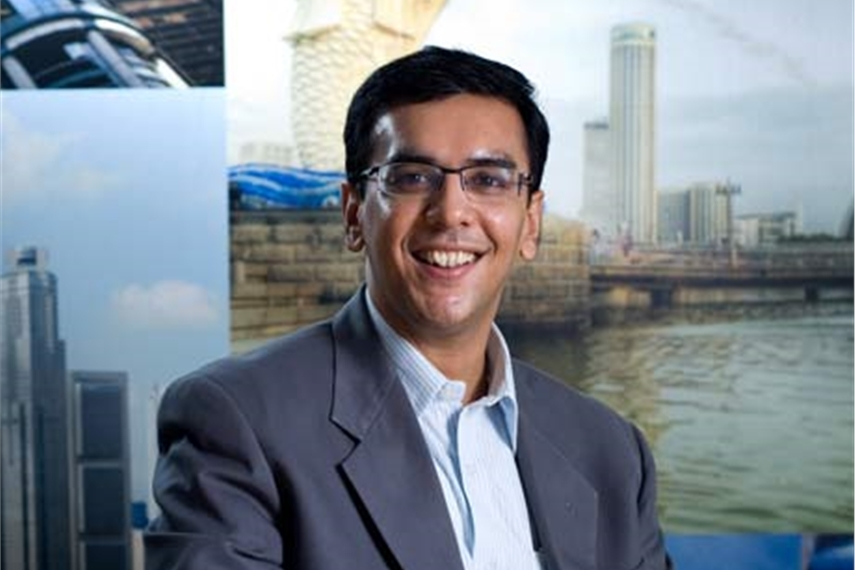
I recently tried to connect with a close friend. Used the now almost second nature approach of getting in touch with pals whether they are in the same city or many continents away, I simply sent him a Whatsapp message. Knowing him as someone who responded to any whatsapp within largely sixty minutes, I waited for his response. And got none for almost 24 hours. Sent him another message. No response. When I finally called him to ask if he is ok, he promptly answered at the second ring. When I asked why he was not responding to whatsapp, he said he is a D-Sanyasi or a D-baba for 7 days. He has given up all things digital, especially phone and internet as a form of detox.
While I have heard of people undertaking juice diets as a form of detox, or no alcohol phases to detox, I now realised that there is an increasing number of people who are choosing to get away for their always on, always connected devices, and trying periods of digital detox.
And with the rise of the D-babas comes news about the launch of products which are designed to appeal to digital seekers or help them in their quest for connecting with humans and not with devices. Think of the excitement that the relaunch of the Nokia 3310 by HMD Global has generated.
Sure, there is truckloads of nostalgia associated with this phone from an entire generation that depended on this device for largely calling and texting. And there is the updated version of that game which is so playable that it becomes a passion- "Snake" being relaunched. But more than all of that, the first point of excitement for the relaunched 3310 is that it has no internet connectivity. And it has that legendary nearly 30 days of standby battery life.
Priced at just 50 euros, almost one-tenth the price of a basic iPhone, the Nokia 3310's relaunched version has been positioned as the ideal second phone to keep for those times when one wants to ditch technology and get back to the nostalgic and innocent days of calling and texting. And it became the biggest news to emerge at the Mobile World Congress held during March 2017 in Barcelona.
Social media, press and the entire "connected" media went gaga over a non internet connection based device at the most premier mobile technologies event in the world. No, it was not about Augmented Reality or Virtual Reality linked phones or chat bots and what not, it was about a non internet enabled device that provided basic functionalities. This early buzz is a clear indicator of the rapidly emerging D-sanyasi segment .
Take another location which one assumes cannot exist without connectivity. When one enters a coffee shop today behaviourally one does not place an order first. One walks in and immediately asks for the WIFI password first and then decides on whether it is going to be a cappuccino or a latte. WIFI first, espresso later.
So what will happen to people like us, if we land up at say Kibbitznest in Chicago which was covered in a very insightful article on the BBC website. It is a coffee shop which is also, hold your breath or rather your smart phone, a WIFI free zone. Yes, there are no devices at this coffee shop nor is there any WIFI. People have their drinks and also have face-to-face conversations. And cafes such as this are springing up all over the US, London, Vancouver and beyond. The BBC article mentions that such coffee shops Ca like Kibbitznest take us back to the reason why coffee shops existed for debates, discussions and interactions. And to encourage more interactions, these coffee shops also have board games.
A CNBC report in August 2016 mentioned that millions of Britons have been going on a digital detox. The article mentions a study undertaken by the British media and telecoms regulator Ofcom indicated that nearly a third of British internet users had gone on a digital detox at some time.
A site called "It's time to log off" offers digital detox packages which aim to replace in the site's own words "endless mindless scrolling with mindful connection with nature and the great outdoors."
Wired magazine in September 2016 also had a full article on trying a digital detox likening it to a health food cleanse where one shuns screens just like one shuns bad food. It also mentions focussing on activities like knitting, baking or gardening to get away from that smart phone screen. Brands in these categories can really start focussing on the ever growing tribe of digital detox seekers.
There are so many opportunities for marketers to target this segment. But what about enforced digital detox. Well I am certainly willing to pay a premium for cinema halls that ban smart phone browsing when the movie is on. At present, the movie experience in India's famed multiplexes is to buy a 25 USD ticket, settle in your seat and then watch five or six smart phones glowing brighter than the movie screen in the seats ahead with movie watchers more interested in whatsapping, tweeting and facebooking than watching the movie. If only cinema halls would become mandatory digital detox centers for three hours.
And if some of the cinegoers refuse to become D-Babas even for three hours, then they might as well watch ads for three hours from R-Baba's Patanjali brand rather than watching a full movie.
(The author is a senior consumer marketing and financial services professional who has lived and worked in India, Japan, Hong Kong, Singapore and Dubai. At present he is the director of the cards and payments business at VP Bank- FE Credit, based in Vietnam.)



.jpg&h=268&w=401&q=100&v=20250320&c=1)

.jpg&h=268&w=401&q=100&v=20250320&c=1)
.jpg&h=268&w=401&q=100&v=20250320&c=1)

.jpg&h=268&w=401&q=100&v=20250320&c=1)
.jpg&h=268&w=401&q=100&v=20250320&c=1)
